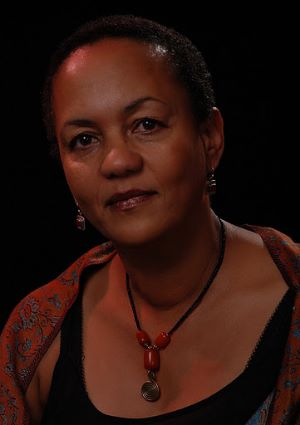Eritrea: Hope beyond measure……….
Increasingly, I find it difficult to go to Eritrean websites to read news updates or analysis. It is never good news but a litany of new disasters, more refugees fleeting of dying, imprisonment and repression. It has been that way for some time. The hint of hope interspersed in the articles that promise the end is near is insufficient to keep me reading. Call me a coward for burying my head in the sand, but it is all I can do not to be engulfed in the immensity of the perpetual suffering which sees little end in sight.
This does not mean however that I don’t think about it incessantly. I suspect I’m not the only one. Many of us are conflicted from the desire to know and not know. It is impossible not to let it get to you or suffer from compassion fatigue and the frustration of not know what else to do. Burying one’s head in the sand is a self-preservation strategy of sorts.
As my mind wonders back and forth from some of the stories on the current reality, I am filled with a sense of awe and respect for those who have the strength to keep telling and listening to the stories that need to be told, to keep up with the advocacy for justice. They don’t seem to falter and have inexhaustible source of hope. For what it is worth, I thank them –more so because I am not sure the majority of us are doing anything else but watching from a distance and perhaps inaudibly whispering wake me up when this is over.
At the same time, it is impossible not to see the futility of their insistent messages which, I suspect, fall on deaf ears as far as world leaders are concerned. The daily stories of death on the Mediterranean Sea, the Sinai desert, in prisons or tortured, from forcible conscriptions and even lack of basic medical needs are meant to be a call for action. They are told with passion and insistence based on the conviction that if only the world knew, they would do something. And yet, the suffering continues, the telling of it perpetuates unabated as we plead to the United Nations, the US State Department, the European Union, human rights institutions, the media.
The world knew and did not act to end the gassing of six million Jews in Nazi Germany. The world knew as well of the atrocities of the Pol Pot Regime in Cambodia and the indiscriminate killing and starving of the Igbo during the Biafra War in Nigeria. No details were spared in broadcasting of the 1994 Rwandan Genocide where nearly a million people were hacked to death. There are historic accounts of the daunting horrors we humans cause and equal measures of heroes and heroines who have held our firm belief of the goodness that perceivers in the end. We learn from past atrocities and vow each time never again but perpetuating similar acts of inhumanity nonetheless.
By now, I expect you are wondering what my point is. I am not advocating we close our eyes, fold our hands, turn our heads away and hope all the nightmare ends soon. Perhaps it is only to say that we need to acknowledge fully the reality and yet continue to hope beyond measure. That is what many are doing and I for one need the infusion of their spirit to keep believing there is hope. Perhaps it is a call to examine more close where we put our energy – towards pleas to the UN, US, EU and world leaders or towards our own internal strength as a people: if there is to be change, it will have to come from within our people. The calls to global institutions and leaders serve the purpose of documenting for posterity the crimes against humanity; but to expect an external force to save us from ourselves is, in my opinion is misguided and futile. In fact, it diverts our attention from leveraging our collective energy where it matters most.
You may say, for someone who does not read news and analysis on a daily basis, I have the audacity and arrogance to prescribe strategies for action (or inaction). This would not be an entirely misplaced accusation. The proposal is made not from knowing about the intricate details and realities of Eritrea or the debates from within, but from reading history and vast experience with international agencies.
 Nunu Kidane is from Eritrea; she’s lived and worked in the San Francisco/Bay Area for over two decades. Since graduating from U.C. Berkeley, she’s worked and written extensively on Africa policy developments topics related to HIV/AIDS, debt cancellation, migration, resource extraction, land rights/human rights and racial justice. Nunu is founder and Director of Priority Africa Network (PAN) an organization that provides advocacy on Africa and working directly with diverse grassroots African communities in the Bay Area and beyond.
Nunu Kidane is from Eritrea; she’s lived and worked in the San Francisco/Bay Area for over two decades. Since graduating from U.C. Berkeley, she’s worked and written extensively on Africa policy developments topics related to HIV/AIDS, debt cancellation, migration, resource extraction, land rights/human rights and racial justice. Nunu is founder and Director of Priority Africa Network (PAN) an organization that provides advocacy on Africa and working directly with diverse grassroots African communities in the Bay Area and beyond.


![[AIM] Asmarino Independent Media](/images/logo/ailogo.png)